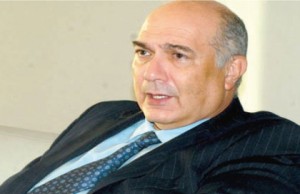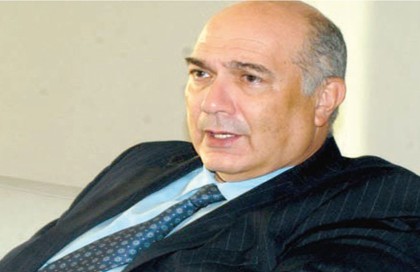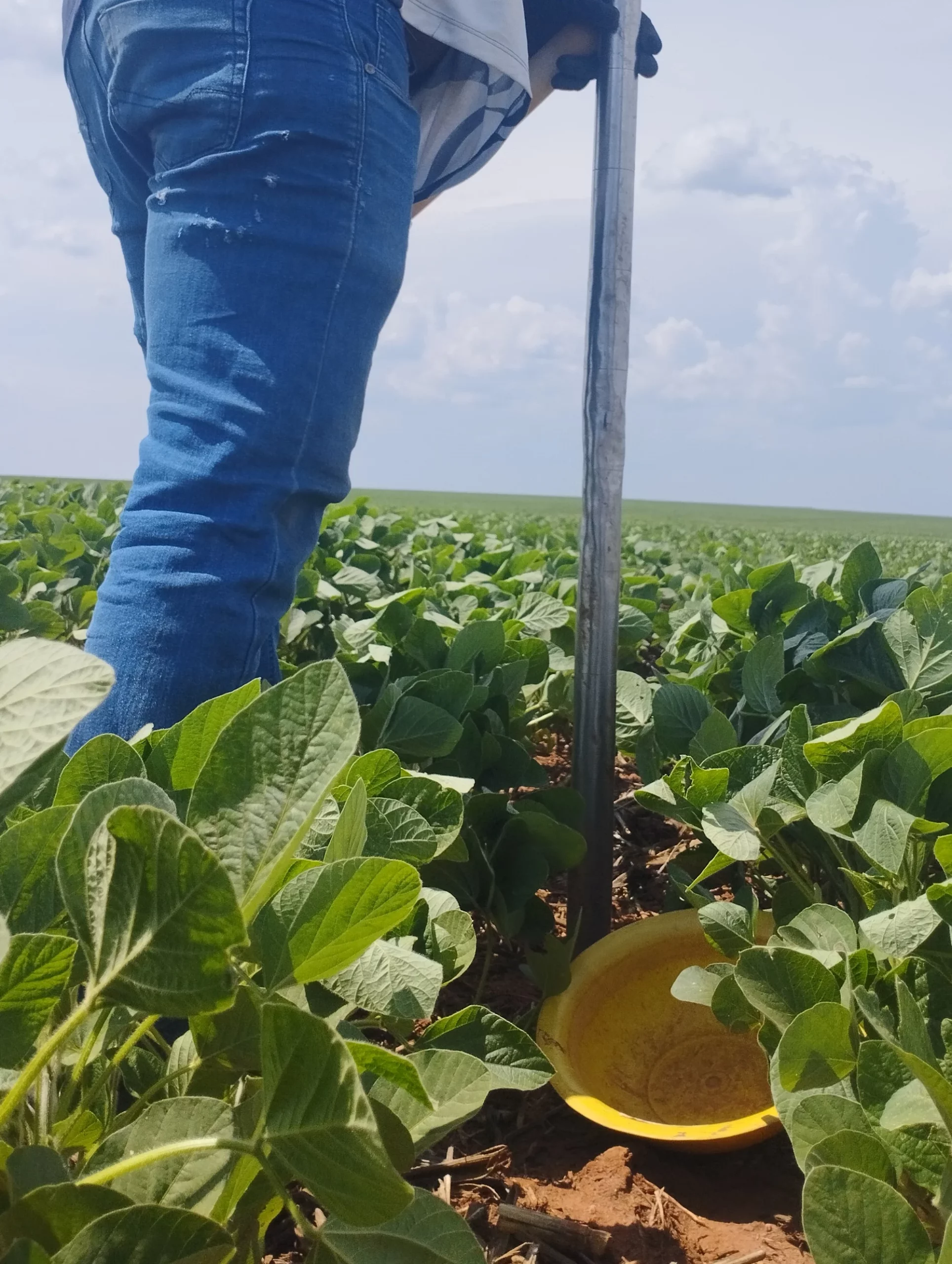 L’Office Chérifien des Phosphates or OCP, the Moroccan State-owned phosphates company, “has come a long way since its founding in 1920. We are proud of this long history, and we look confidently into the future. First of all, at the national level, we are proud of our contributions to the wealth and the well-being of our country. This has been accomplished through our exports, which are on the rise, through our commitment, as a good corporate citizen, to Morocco’s farmers, SMEs, and the people who live in the regions that host our operations, and through our determination to continuously ensure that our activities are conducted with respect for and preservation of the environment. Sustainable development is now integrated into OCP’s DNA.”
L’Office Chérifien des Phosphates or OCP, the Moroccan State-owned phosphates company, “has come a long way since its founding in 1920. We are proud of this long history, and we look confidently into the future. First of all, at the national level, we are proud of our contributions to the wealth and the well-being of our country. This has been accomplished through our exports, which are on the rise, through our commitment, as a good corporate citizen, to Morocco’s farmers, SMEs, and the people who live in the regions that host our operations, and through our determination to continuously ensure that our activities are conducted with respect for and preservation of the environment. Sustainable development is now integrated into OCP’s DNA.”
The remarks are made by the OCP Chairman & CEO, Mustapha Terrab, in his message to the visitors of the company’s website and the positive results scored by the OCP actually confirm the veracity of these remarks. Indeed, the OCP achievements often make the headlines of the Moroccan media and sometimes of the foreign media as well. And for good reason. Despite the crisis that crippled and that is still crippling the economy of many countries across the world, the OCP has been reporting increased exports, increased sales, new partnerships, new products, new projects, new opportunities, new strategy, renewed confidence of international and regional banking institutions etc.
All these achievements were materialized in recent years under the smart and strategic leadership of Mustapha Terrab and his team of managers who succeeded in reorganizing the group’s methods and strategies in what is sometimes called the OCP revolution.
In 2011, the company, whose activities cover the entire phosphate value chain, from phosphate rock mining to chemical processing of phosphoric acid and fertilizers and which is the world’s biggest exporter of phosphates and derivatives, posted a MAD 56.3 billion turn over and a MAD 22 billion operating profit and earned a net profit worth MAD 16.3 billion.
During the same year, the total phosphates production amounted to 28 million tons, while phosphoric acid production reached 4.4 million tons. The volume of fertilizers produced in 2011 totaled 4.3 million tons. With a commercial portfolio of over 130 customers and a presence on all five continents, the group holds about 30 percent of the Moroccan export market share.
These results were reached thanks to the OCP managers’ investment policy and sound governance. In 2010, the group injected a MAD 115 billion investment in its facilities to modernize its infrastructures and enhance its production capacities.
OCP has developed long-lasting relationships with several of its customers that go beyond purely commercial arrangements. It has, over the years, set up several processing joint ventures with plants located in Morocco and abroad with prominent partners from Brazil, Belgium, Germany, India and Pakistan. It also struck partnership deals with China and Turkey.
Part of its commitments at the national level, the OCP set up an Innovation Fund for Agriculture, which is an investment fund entrusted with promoting innovation and entrepreneurship in the agriculture and agro-industry sectors.
The Fund pledges to finance any innovative project that enables the emergence of long-term and competitive structures that create sustainable jobs in Morocco.
OCP is also involved in a new “Green City” project meant to rehabilitate industrial sites and enable the development of new activities without risks to health or to the environment. It is in this vein that the OCP is committed to the Mohammed VI Green City, an ambitious new Green Mine project born out of respect for the environment and in improving the urban planning and architectural quality of towns. The Green Mine of Khouribga, extending over 300 hectares of former mining facilities, will offer tourist attractions, a residential area comprised of 1,600 apartments and 128 villas, four vacation villages and three hotels, a museum and other leisure facilities. The city’s whole architecture is based on bioclimatic principles and strategies and on efficient water management.
Besides its national commitments, the OCP, being aware of its responsibilities as a leading global phosphates and derivatives producer, conscious of its industry’s footprint in food security and of the environmental challenges at stake, has developed a global strategy through which the group mainly seeks to contribute positively and decisively to global food security and to environment protection.
By 2050, there will be nine billion people on Earth to feed, and this will require one green revolution in Africa and another in Asia, the group explains, adding that increasing food production by 70 percent by 2050 is the challenge to preserve global food security and the key to an “evergreen revolution.”
Faced with this challenge, OCP considers the environment as a key component in its growth strategy. All of its projects adhere to the same motto – “The Environment at the heart of Sustainable Leadership.” It is with this in mind that OCP intends to reconsider its future soil use methods, to ensure the preservation of the natural environment, particularly water – the most vital of all resources, and at the same time reduce energy consumption and use renewable energy sources.
The group’s strategy and the managerial skills of its chairman have stirred the admiration of many and were the subject matter of a book by French consultant Pascal Croset. The book titled “L’ambition au cœur de la transformation” (ambition at the heart of change) was published in June last year simultaneously in France and in Morocco.
The book focuses on Chairman & CEO Mustapha Terrab, the main architect of all the innovative management methods and new executive philosophies adopted by the group.
This slightly balding man who was born in 1955 in Fes inspires a feeling of genuine bonhomie and one can hardly believe at first glance that he was the architect of the revolution within the OCP group. But once you get to know the man, read his interviews, listen to his lectures or set a look at his C.V you understand better his success story at the head of the OCP.
As explained by Pascal Croset, one of the reasons behind the success of the man is that he upholds the principles of “Niyya” (good intention, good faith), sincerity, trust and transparency without any prejudice. When you are sincere, true, candid, and upright in speech and action you are worthy to be trusted and your collaborators adhere to your ideas with their eyes closed. This is the clue to Terrab’s success.
Mustapha Terrab holds a M.S. (1982) and a Ph.D. in Operations Research (1990) from the Massachusetts Institute of Technology (MIT), Cambridge, USA. He has also received an engineering diploma from l’École Nationale des Ponts et Chaussées, Paris, France (1979).
He worked for Bechtel Civil and Minerals Inc. (1983/85) in San Francisco, California, as an analyst in transportation systems. From 1988 to 1990 he was a fellow of Draper Laboratory, Cambridge, Massachusetts. Between 1990 and 1992 he was an assistant professor at the Rensselaer Polytechnic Institute, Troy, New York, where he held joint appointments in the Department of Decision Sciences and Engineering Systems and the Department of Civil and Environmental Engineering.
Between 1992 and 1998, he was an advisor in the Royal Cabinet, Rabat. During this period he also took up the position of Secretary General of the Middle East/North Africa Economic Summit.
In 1998, he was appointed Director General of the Moroccan National Telecommunications Regulatory Agency (ANRT).
He joined the World Bank in 2002 as Lead Regulatory Specialist in the Global Information and Communications Department and he also headed the World Bank’s Information for Development (infoDev) program.
In February 2006 he was appointed Director General of OCP and since June 2008 Chairman of the Board of Trustees of OCP Group.
He is married and has three children.



